In Native American adoption case, Supreme Court explores race and tribal sovereignty
One family's fight could upend decades of federal law.
FORT WORTH, Texas -- Dr. Jennifer and Chad Brackeen and their four kids are a blended family in a fight to stay together. But in the process, they could upend more than 40 years of federal law on the sovereignty of America's Native tribes and affect the fate of numerous Native children.
Jennifer Brackeen, an anesthesiologist, and her husband, a civil engineer turned stay-at-home dad, are parents to two biological children and two Native American siblings -- a 7-year-old boy and 4-year-old girl -- whom they've fostered for years.
While they have successfully adopted their 7-year-old son, his sister's fate has not yet been decided.
"In December, we have a court hearing again for the adoption of our son's sister. And if we lose, she could be taken away after four years in our home," Jennifer Brackeen told ABC News.
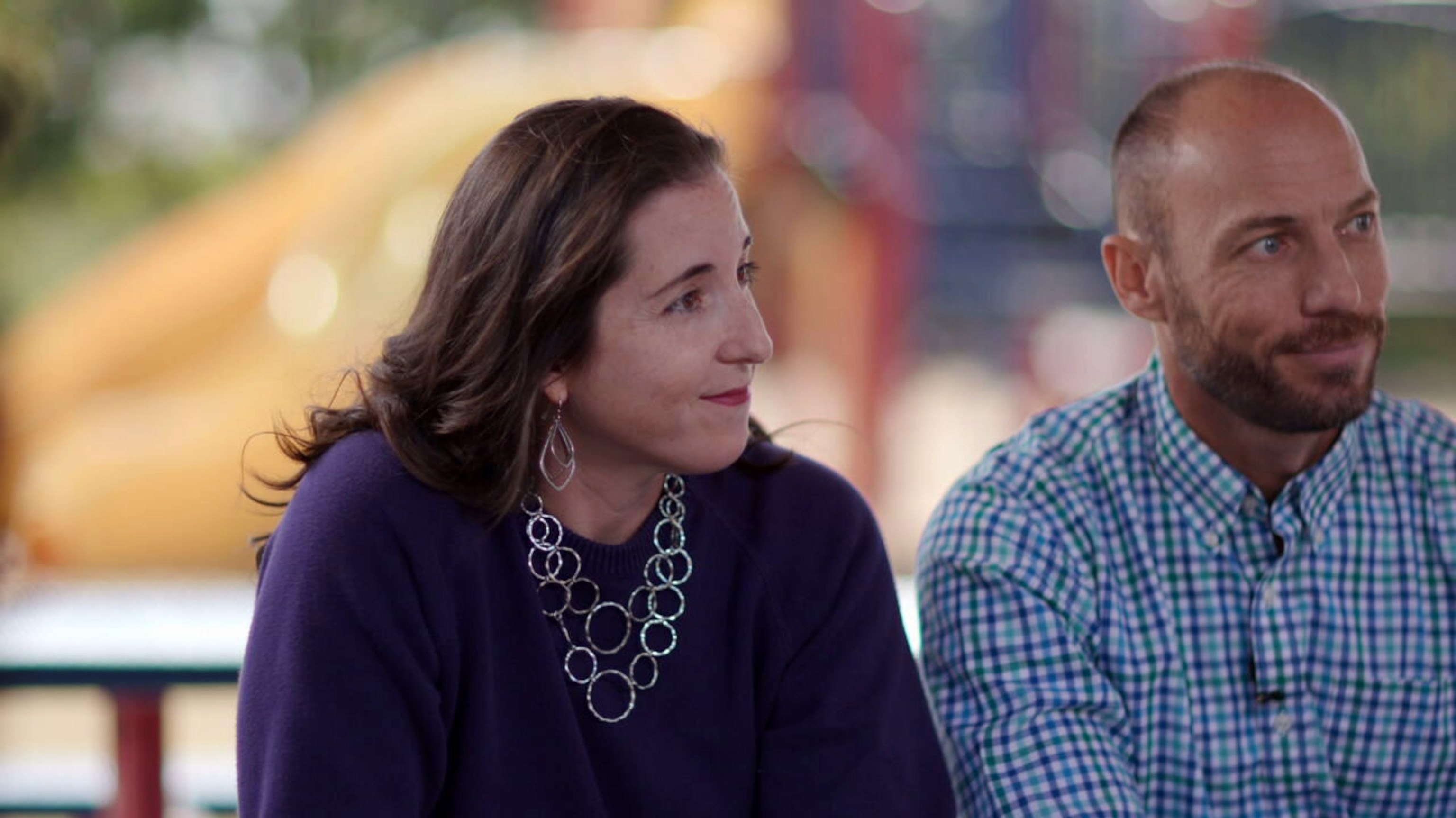
Both adoptions, the Brackeens say, have been hindered by landmark federal legislation that dictates what types of parents get priority in the adoption of Native children through state child welfare systems. This month, the Brackeens went before the U.S. Supreme Court to argue that it should strike down key parts of the law. (A ruling is likely to come before the end of June.)
Since 1978, the Indian Child Welfare Act, or ICWA, has mandated that preference for placement of a Native child must first be given to immediate family members, then another member of the child's tribe, then to an unrelated tribe, before non-native prospective parents are considered. The Brackeens are white.
Congress enacted ICWA as an answer to the forced removal of hundreds of thousands of Native children from their tribes over generations, separating them from families and placing them in government-run boarding schools or in Christian churches through the 1960s.
"The interest in a young tribal citizen -- the child -- in staying with her tribe is a high interest and it should matter, [it] should not be diminished," said Chuck Hoskin Jr., principal chief of the Cherokee Nation, one of the nation's largest tribes with more than 400,000 members, which defends the law.
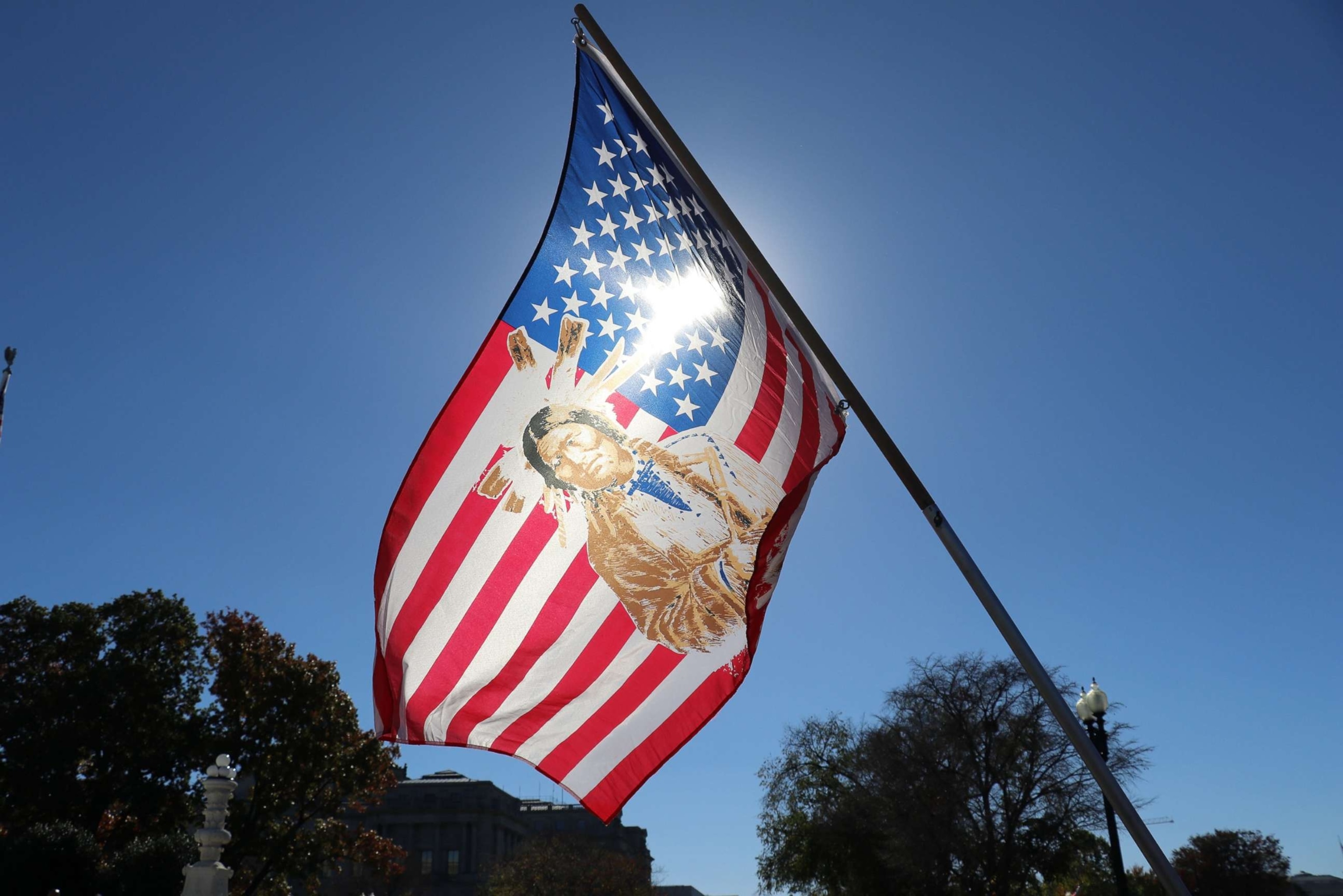
"If you start to remove the next generation of any society, you really start to erode that society," Hoskin said.
But the Brackeens, in their appeal to the high court, argue ICWA is unreasonable and unconstitutional.
By giving adoption priority to American Indian families over white families, they say, the law discriminates on the basis of race.
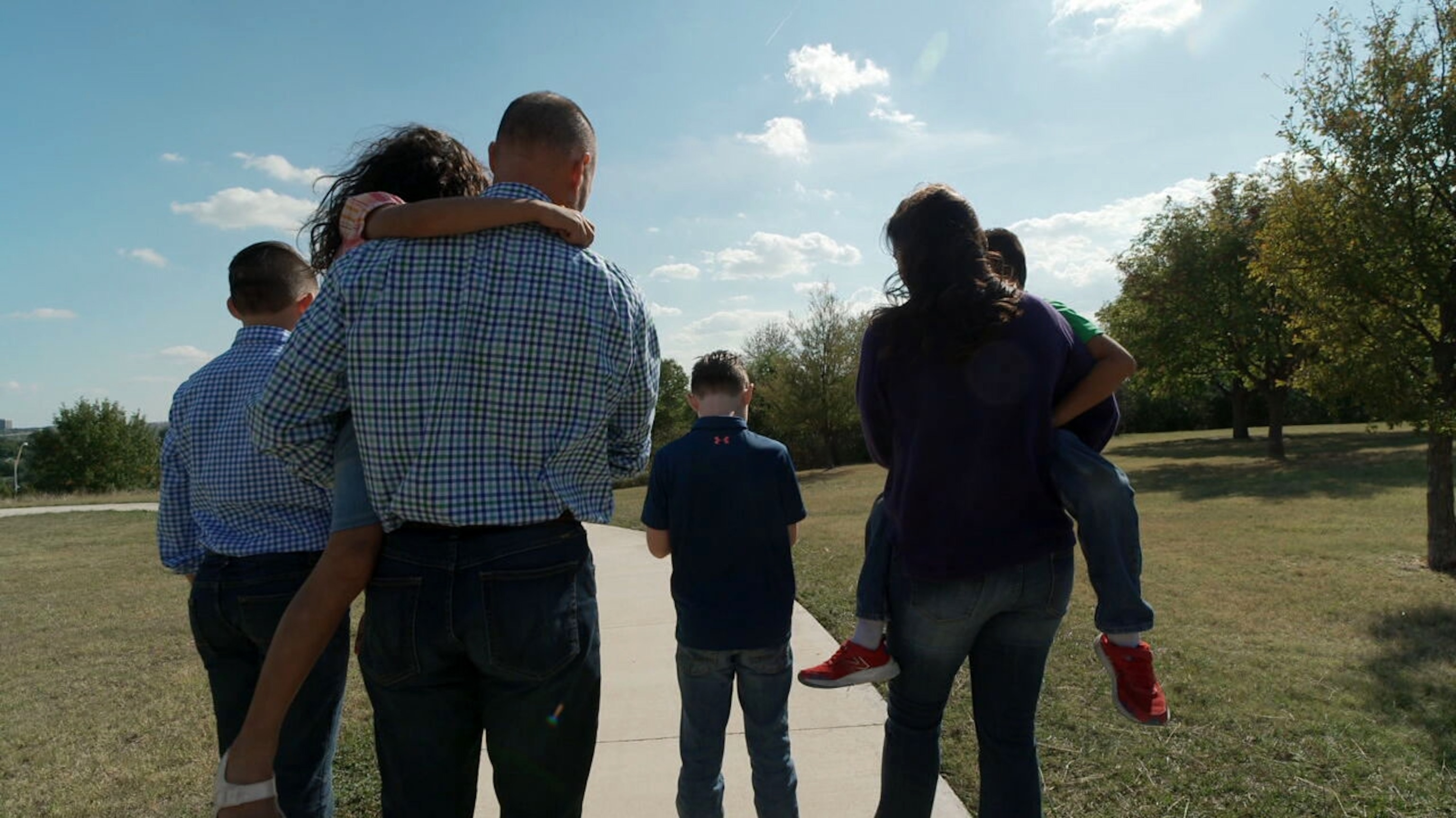
"Cultural considerations are a challenge for every adoptive family, no matter what race they are or what race their children are," said Jennifer Brackeen, who argues for greater deference to emotional attachment developed during foster care.
"For [our son] to just get taken away and moved to someone he's never met before, who is not related -- to me, it didn't seem like the right thing to do as his mom," she said of the boy, who is part Navajo. The couple won custody in 2018 after a two-year legal battle when the Navajo Nation backed down.
Conservative legal scholars have also argued that Native American identity as defined under ICWA is inherently an unlawful, race-based classification.
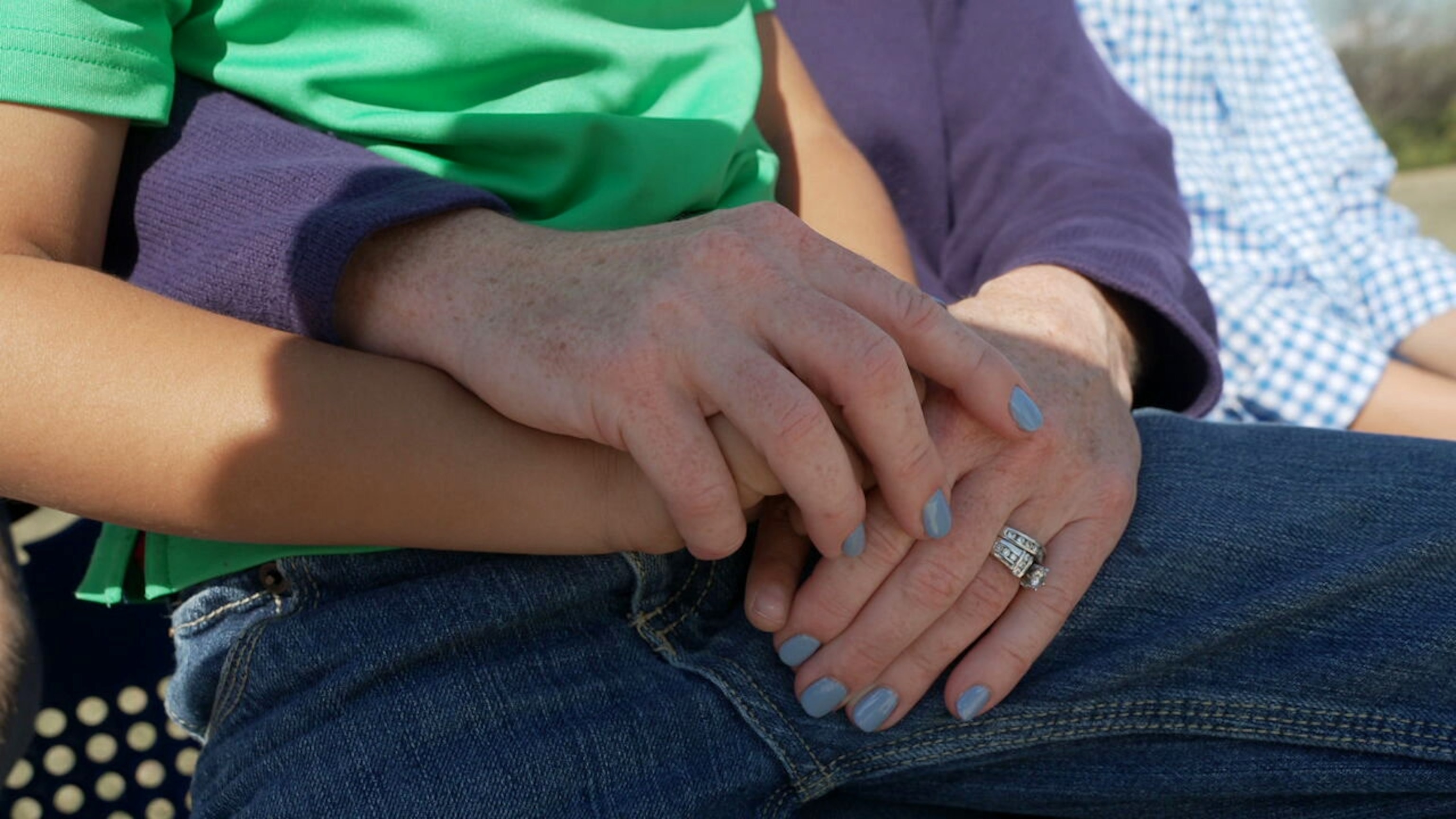
"It defines an [American] Indian child as a child who is either a tribal member or could someday become a tribal member based entirely on biological ancestry," said Timothy Sandefur, an attorney with the Goldwater Institute, a conservative think tank that filed an amicus brief with the court in support of the Brackeens.
"That means that it applies to children who may never become members of tribes at all, and applies to children who have no cultural, political, social, religious connection to a tribe whatsoever," Sandefur said.
The nation's 574 federally recognized tribes, backed by years of Supreme Court decisions, strongly disagree.
They insist eligibility for membership in their sovereign nations is political, much in the same way the U.S. government sets objective requirements for citizenship. And, they argue, ICWA is critical to keeping Native cultures alive and protecting the tribes' existence as independent nations.

"The Court has always held that Indian law is not race-based," said Cherokee Nation Deputy Attorney General Chrissi Ross Nimmo. "If the [Brackeens] are successful here, that whether or not a child is subject to ICWA turns on their race, then it could allow some groups to question other areas of Indian law and the very existence of Indian nations in our country."
The Brackeens say they understand the importance of tribal sovereignty but insist that circumstances in their case warrant a different course. The children have spent years in their home, and their birth mother signed an affidavit approving of permanent placement with them.
Even though they've already won custody of their son, they're still fighting to adopt his younger sister -- their foster daughter -- who state officials were prepared to place with a Native family nearly 1,000 miles away because of ICWA.
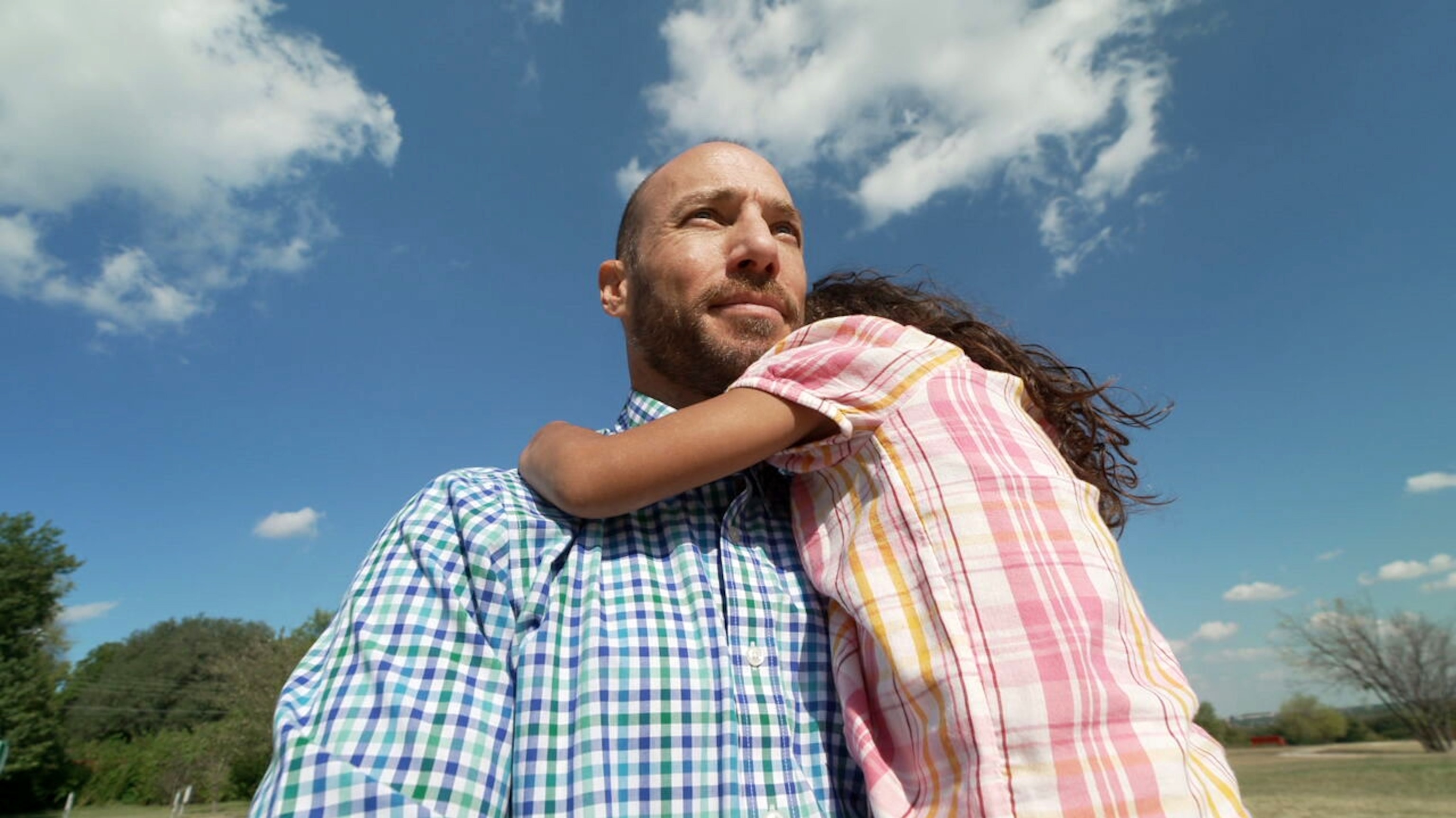
"In the state system, certainly we would have been the first call, and in our mind that's the logical step for a child and care is to keep them with their closest family member, and that's in our home," Chad Brackeen said.
"The Indian Child Welfare Act [is] quite a stout law to go up against. The justification to deviate from that law is a pretty high bar to overcome," he added.
Neither the Navajo Nation nor the children's relatives responded to ABC News' repeated requests for an interview. But in their brief to the Supreme Court, the tribe argues that ICWA "protects the best interests of Indian children and [promotes] the safety and security of Indian tribes and families."
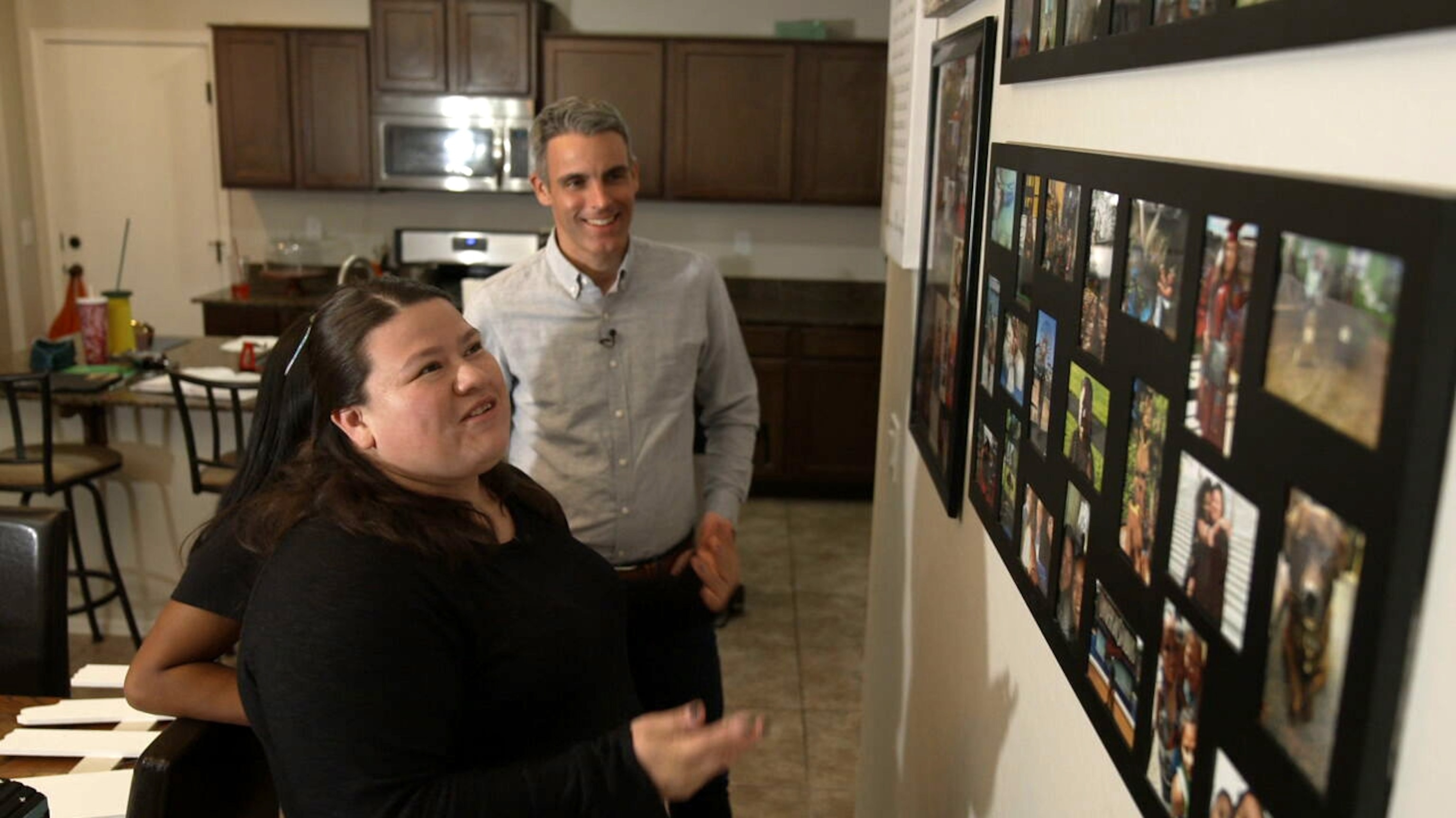
"Being American Indian is not a racial matter. It's a political matter. We're members of tribal nations that are sovereign nations," said Autumn Adams, a member of the Yakima Nation, who is among dozens of former foster youth asking the Supreme Court to uphold the law. "It is the inherent right of a sovereign nation to protect those youngest citizens."
Adams describes herself as an ICWA success story, more than a decade after landing in the Washington state foster system when her father died by suicide.
"My mother at that time was addicted to alcohol and, [from] what I've gathered now that I'm older, some hard drugs," Adams said. "Immediately after that, actually, she spiraled in a really dark hole."
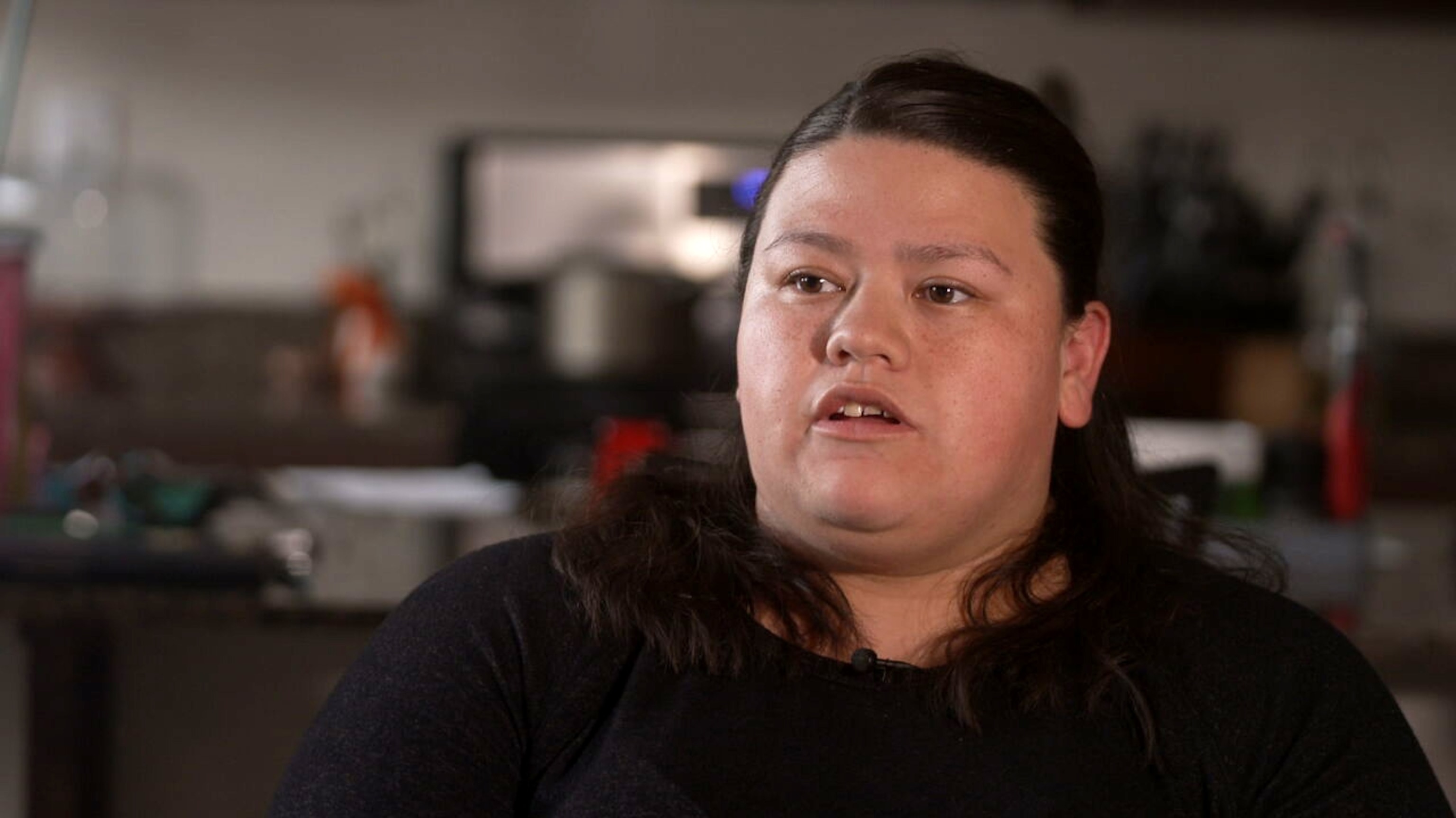
Adams, who was 9 years old at the time, and her then-2-year-old brother John were taken into state custody and later placed with tribal relatives. She said that if authorities had not found a willing relative, it is likely that she would have been split from her brother and placed with a non-Native family.
"There are not a lot of Native foster homes," she said.
Today, Adams has custody of her two younger siblings, raising them in her home while attending law school on the side. She said their close personal bond and vibrant family traditions illustrate why ICWA matters.
"Even to this day, we are working on relearning our language and we still continue to practice our traditional teachings," Adams told ABC News inside her suburban Phoenix home.
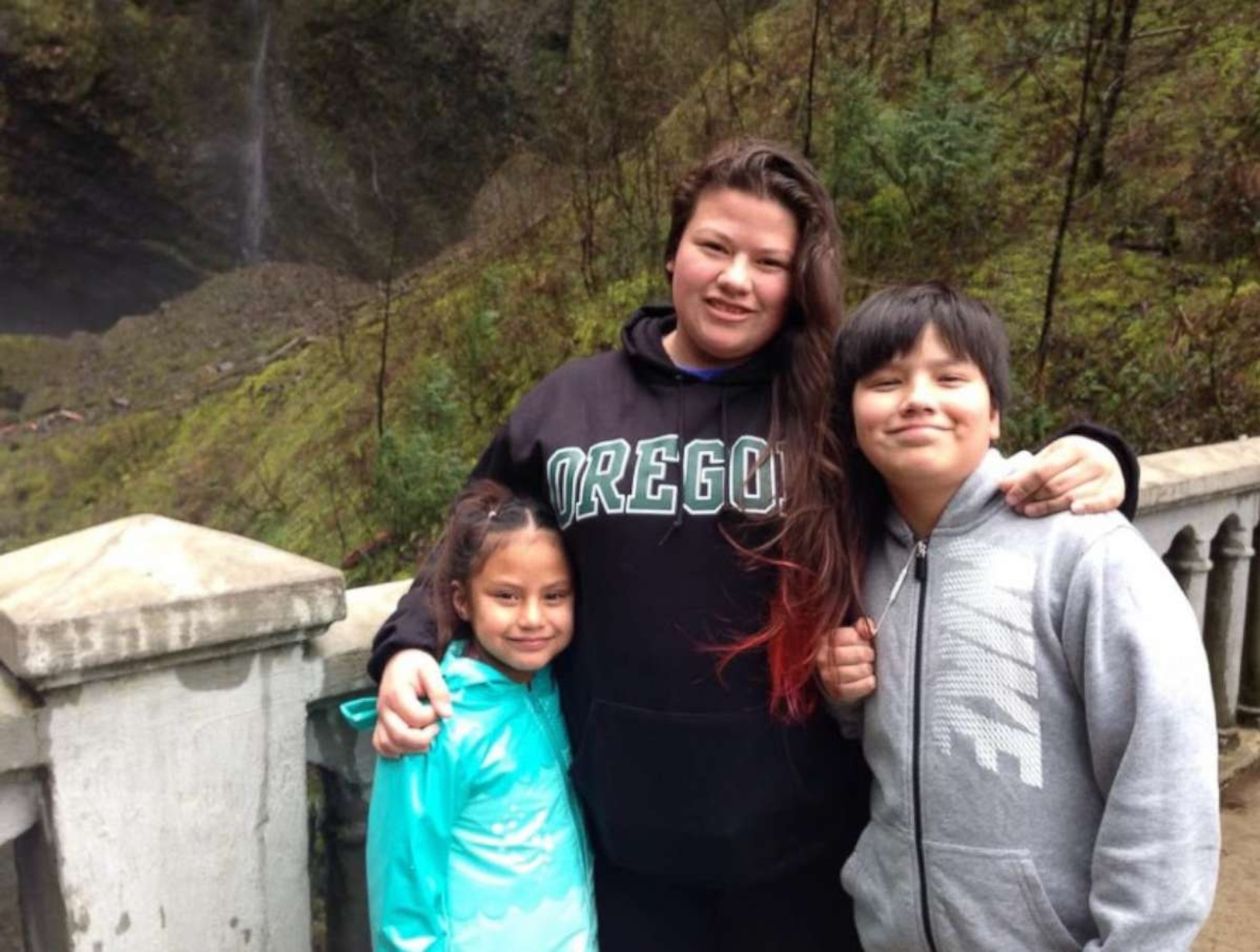
Native children are four times more likely than white children to be placed in foster care in this country, according to the National Indian Child Welfare Association.
More than a decade ago, 27% of Native foster children were placed with other family members; today, it's up to 38%, according to the 2020 Adoption and Foster Care Analysis and Reporting System. Experts attribute the improvement to ICWA.
"Tribal families know what they're doing. Yes, there are challenges, but what was happening in the century before ICWA was just so detrimental to tribal communities," said Hoskin, principal chief of the Cherokee.
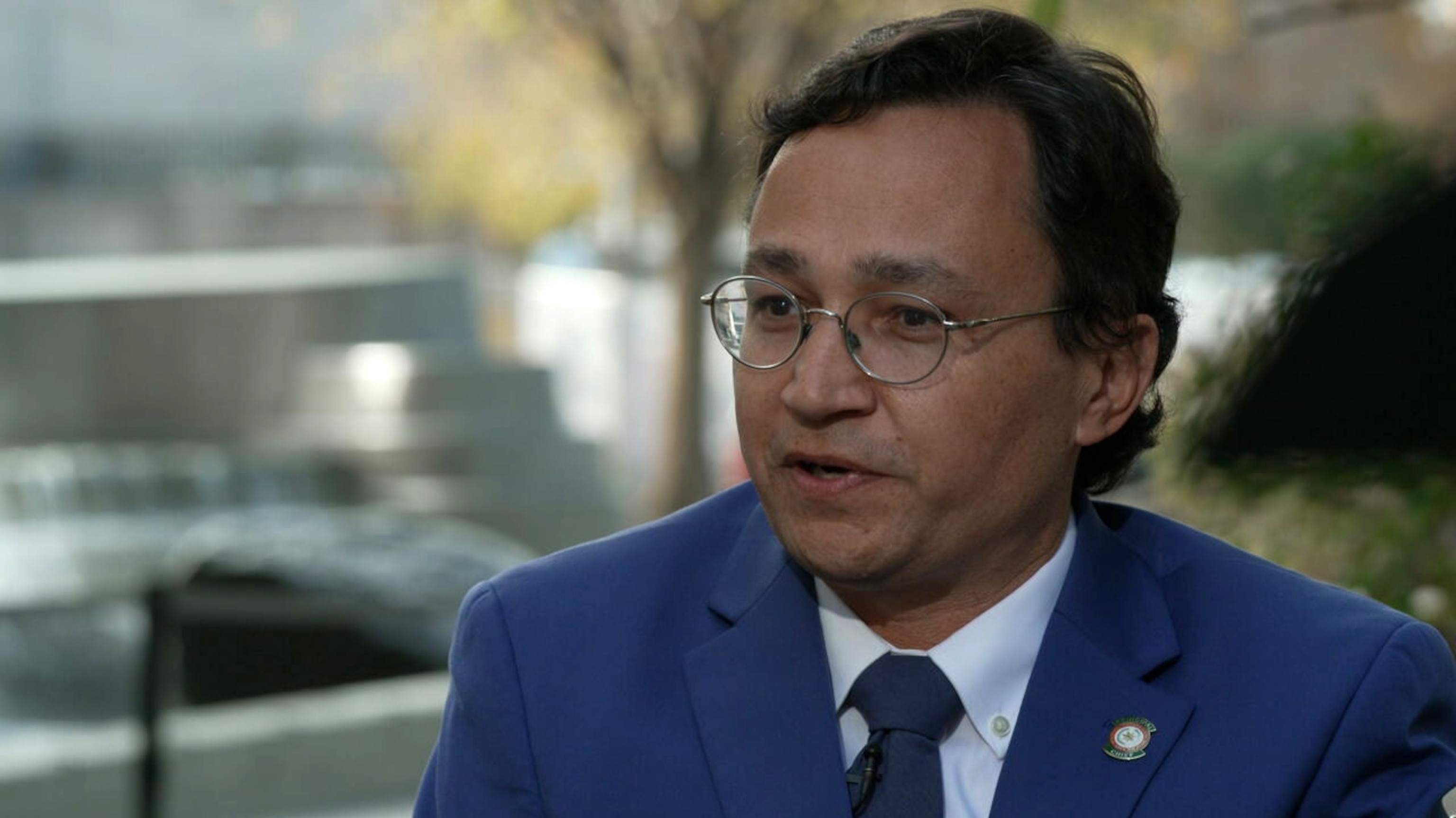
But the Brackeens contend equal opportunity to adopt doesn't have to come at the expense of culture. The couple told ABC News they take their Native children on summer visits to the Navajo reservation in Arizona and participate in local cultural events at home in Texas.
"One of the biggest things we can do is educate ourselves," said Chad Brackeen. "We do share a lot of common values with the Native Americans -- with taking care of each other, with the emphasis on family and the emphasis on elders and children of those in need."
The tribes warn the stakes in the Brackeen case are bigger than one family.
If the Supreme Court strikes down ICWA as discrimination on the basis of race, they say it could upend broad swaths of federal law predicated on tribes as independent political nations -- not racial groups.

"If our sovereignty is eroded because of this case, we're going to have a setback that will take generations to repair, if we can repair it at all," said Hoskin. "But we're Native people. We are persistent; we are patient; and we are strong."
The Brackeens say their focus remains on their family, hoping the nation's highest court finds a balance, as they see it, between respect for tribes and young children who have already been through so much.
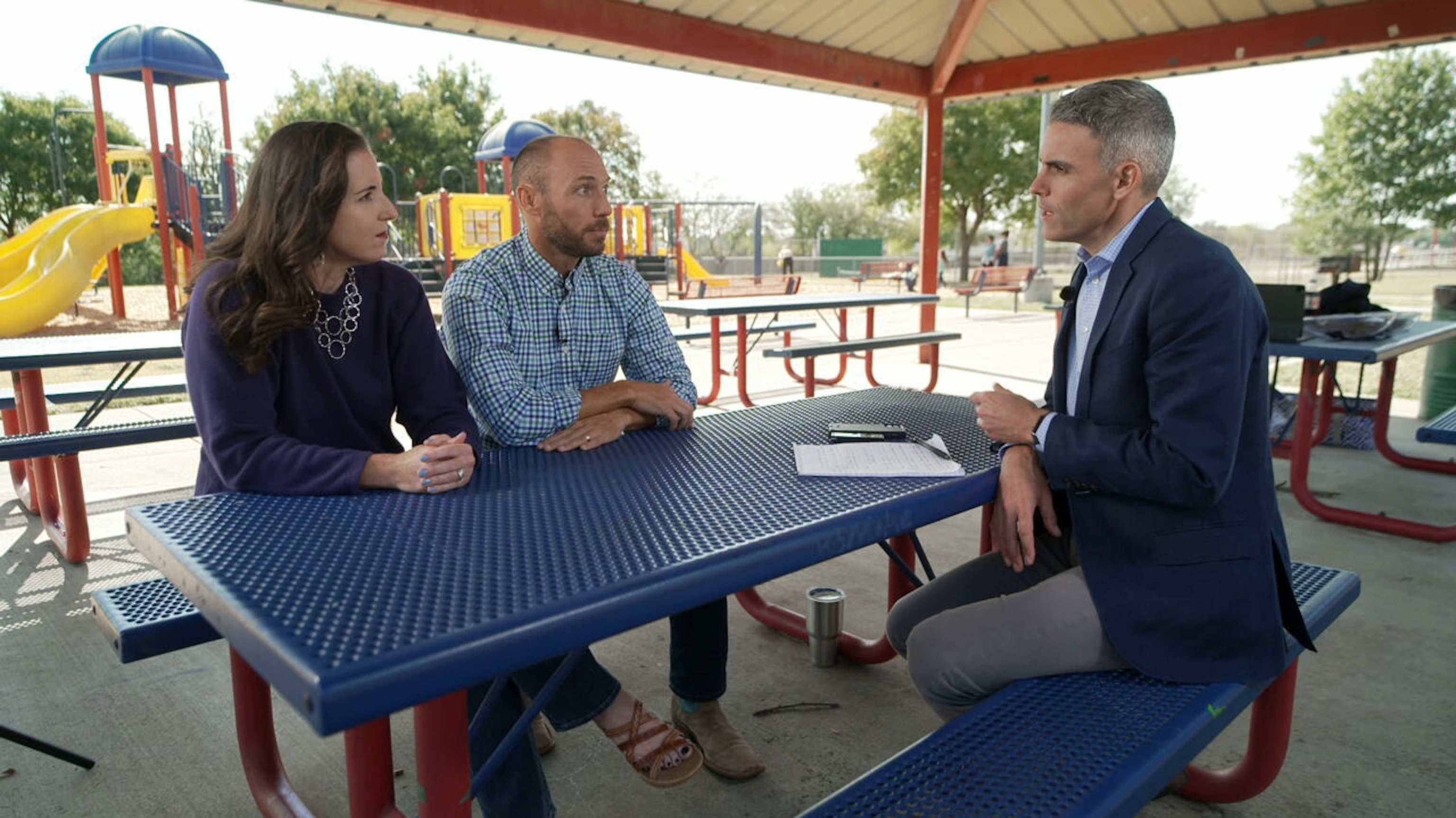
"A child has already had a trauma being removed from their biological family, and so to increase that trauma by removing them again, there just needs to be a really good reason for that," said Jennifer Brackeen. "We do believe culture is important, but it's not the most important thing."



